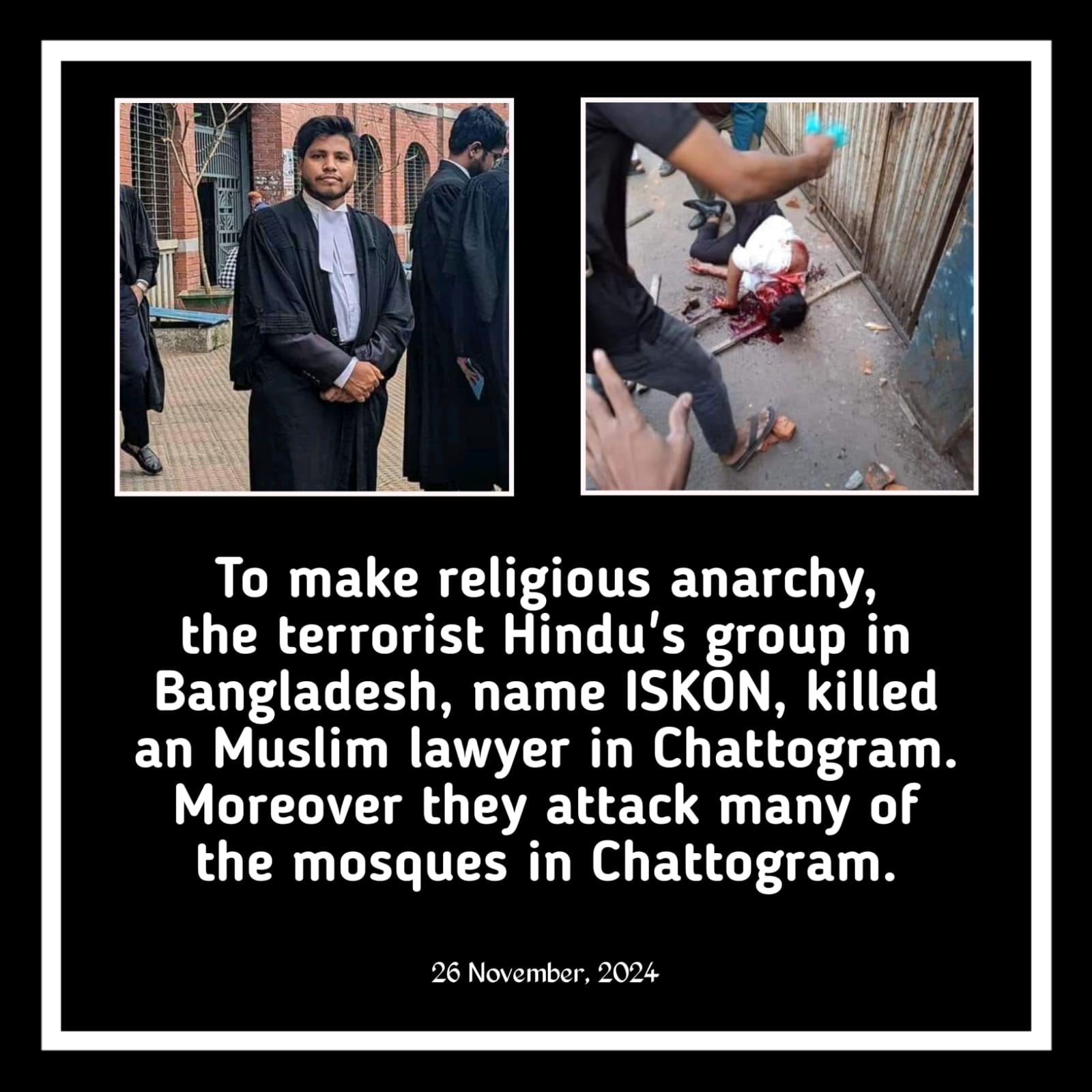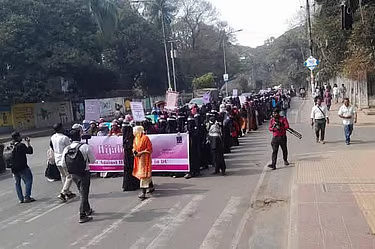In a recent statement, BNP Vice Chairman Tarique Rahman fiercely criticized Prime Minister Sheikh Hasina, accusing her of praising perpetrators of violence and engaging in widespread corruption. Rahman’s remarks come amidst heightened political tensions and escalating violence in Bangladesh.Rahman accused Hasina of commending the Bangladesh Chhatra League (BCL), which he described as terrorists, and the police, whom he alleges have been involved in mass murder over the past week. “Instead of admitting her crimes and apologizing to the martyrs and the nation, dictator Sheikh Hasina praised the killers—the terrorists of Bangladesh Chhatra League (BCL)—and the politicized members of the police,” Rahman said. He condemned Hasina’s lack of acknowledgement for the lives lost and the families suffering, describing her actions as evidence of her “psychopathic nature.”He called for the international community to designate the Chhatra League as a terrorist organization and demanded that those involved in the alleged killings be brought to trial. Rahman also criticized Hasina’s economic policies, claiming they have led to rampant corruption, money laundering, and the degradation of the nation’s economic stability. “Hasina has destroyed the backbone of our economy,” he stated, citing increasing inflation, price hikes, and a reserve crisis.Further, Rahman highlighted the alleged human rights abuses under Hasina’s regime, including enforced disappearances, targeted arrests, and the persecution of political opponents. He mentioned the case of Nahid Islam, a student leader, who was reportedly abducted and coerced by the police. “Reflecting the will of the citizens, he and other student leaders have vowed to continue their movement against dictator Hasina’s tyranny,” Rahman noted.In his statement, Rahman urged the international community to support the protesters and the people of Bangladesh in their struggle. “The dictator Hasina must go, and her crimes against humanity must be punished,” he declared.This statement from Rahman underscores the deepening political crisis in Bangladesh and the urgent calls for international attention and intervention.
Recent Posts
We provide you with the latest breaking news and videos straight from the entertainment industry.
Contact us: info@bangladeshcentre.org.uk









